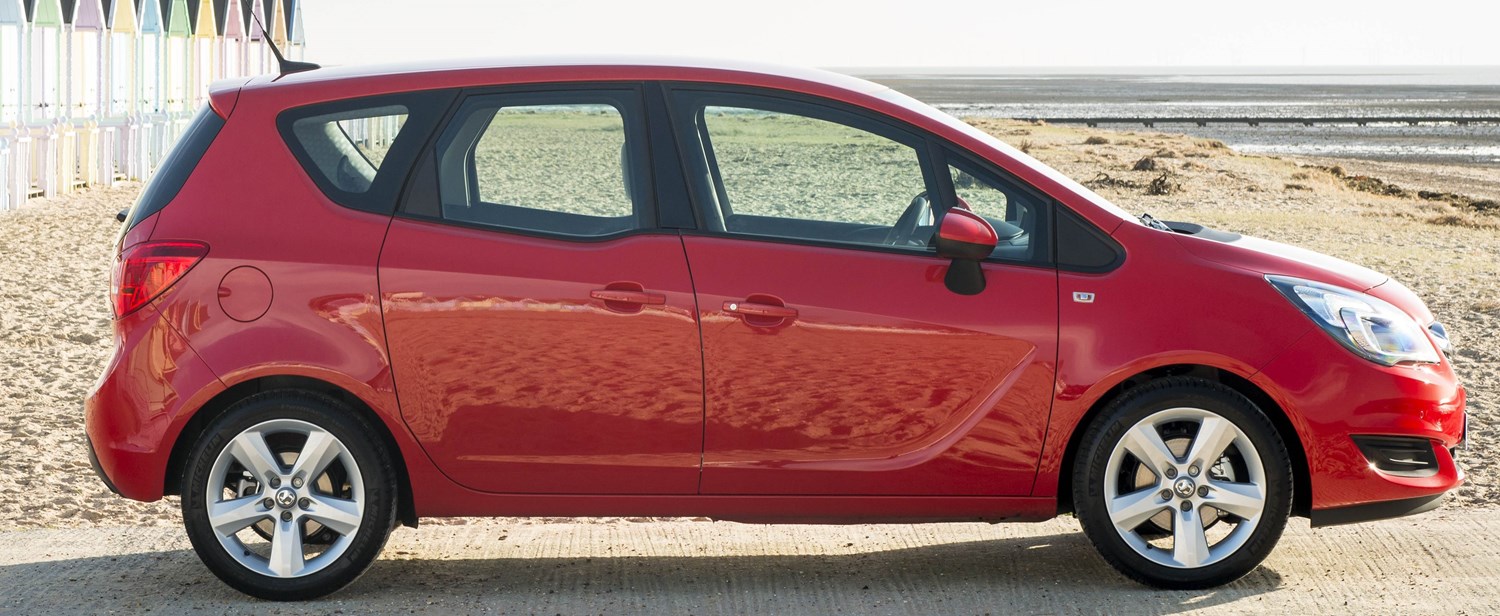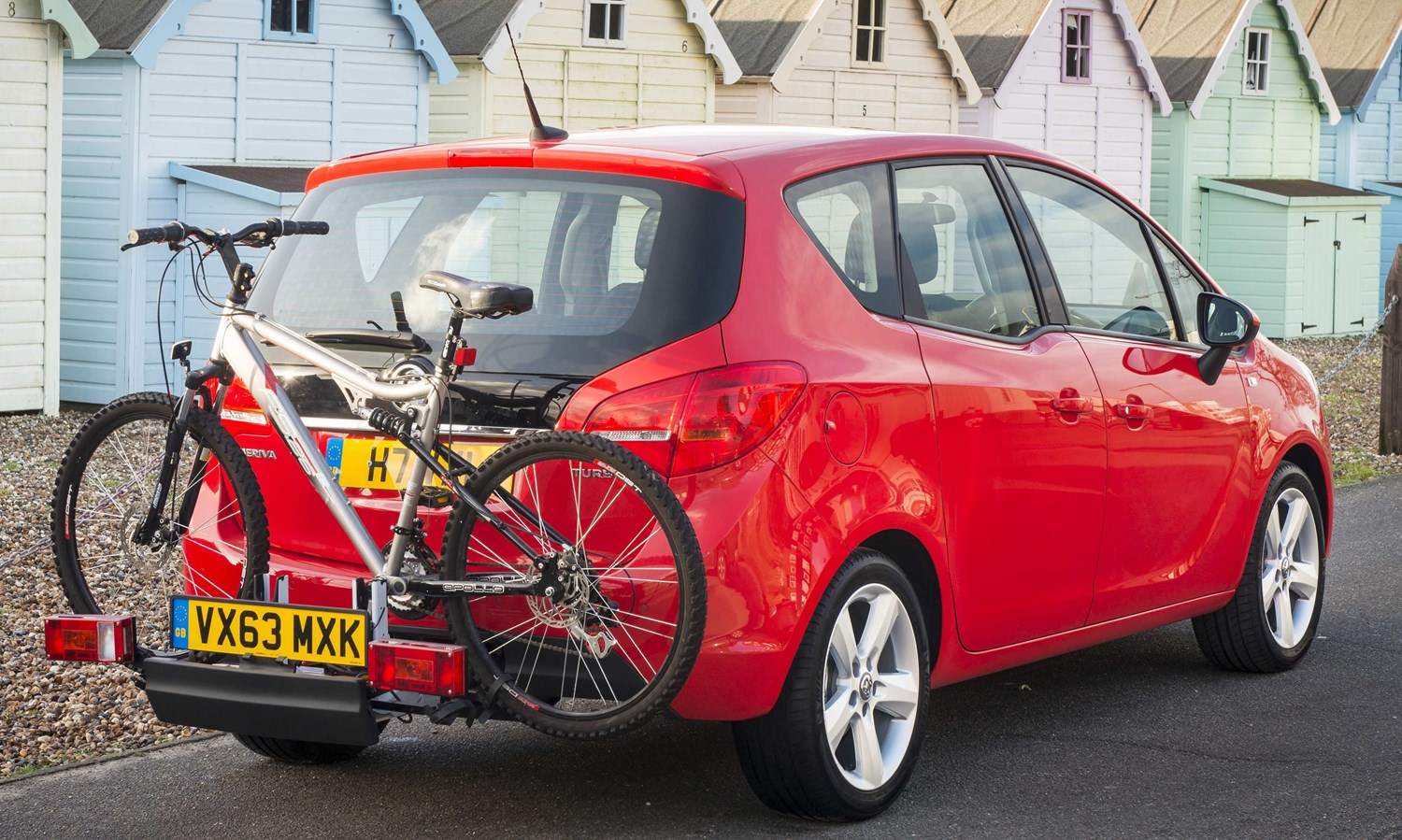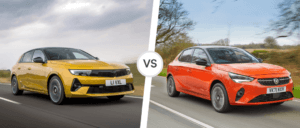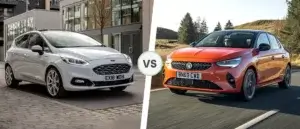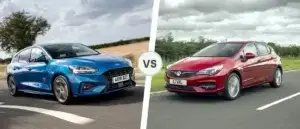Latest Model
Released in 2010, the second generation Meriva B maintained the adaptable interior from the first version but packaged it in a much more modern and sleek exterior.
The engine line-up, however, wasn’t updated that much in the refresh and the units weren’t as good as they used to be when compared to the market rivals.
Accessory-wise the standard Meriva was available with folding and sliding rear seats, traction control, ABS, front electric windows, electric windows and Isofix points for child seats, while more premium models were available with satellite navigation, parking sensors, an electric sunroof and cruise control.
The main appeal of the Meriva though was always the adaptable rear compartment, as you could have one, two or three rear seats in use without removing any of them and this easily adaptable rear set of seats was always a strong point of the Meriva.
Value for money
From the base spec Life trim, the Meriva is fitted with a good amount of accessories considering the price, such as the FlexFloor and FlexSpace adaptable rear seating layout, air conditioning, electric front windows, ABS, Bluetooth with USB/Aux connectivity, electric parking brake, Isofix child seat fixing points, 16-inch alloy wheels and graphic information display.
Although its rivals — such as the Ford B-Max and Nissan Note — are slightly more expensive, they do have more features and although the finished product from Vauxhall is quite good, you could say that more could have been done to make it more attractive.
Due to the £14,270 starting price of a new base model and the poor residual value of Vauxhalls, you will be able to find cheap high-spec models from a couple of years ago at a lower sale price. One example is a 2014 SE that is fitted with a 1.4-litre petrol engine, an automatic gearbox and has only covered 8,800 miles.
Accessories include cruise control, front parking sensors, panoramic sun roof, adaptable central storage unit, brake assist, cornering brake control, electric rear windows and chrome effect detailing on the exterior. Priced at £10,495, this Meriva SE has a better finish, more features and is considerably cheaper than a new Life model, showing that despite owners suffering on residual costs, prospective used owners can do well on used Meriva models.
Looks and image
Unfortunately for the Meriva and fellow MPVs, the need for practicality outweighs the need for style and a very small amount of those actually look good. Despite an improved look for the second generation, the Meriva B doesn’t look quite as good as many would like and blends into the crowd rather than stand out.
Although the B is much sharper and cleaner than before, the Ford S-Max is considerably more attractive. The top spec SE is the pick of the range for looks thanks to the chrome-effect detailing around the front end and larger alloy wheels.
Although MPVs aren’t supposed to be exciting to drive, you can tell straightaway that the Meriva is tailored towards comfort by how it holds itself on the road and how it feels. The steering can feel surprisingly heavy at slower speeds and then lack feel the faster you go, but it turns in well and has a lot of grip.
Body roll is to be expected in a car the Meriva’s height but doesn’t do so excessively, even on twisty country roads. It can, however, feel unsettled on motorways and although it does find its feet eventually, it can feel very skittish.
Designed to be comfortable, the suspension has been honed to soak up the sometimes poor surfaces of the UK’s network and that helps the Meriva cruise rather well. Thanks to the extended wheelbase from the previous model, interior space for seating is better and four adults can sit very comfortably and with the help of the FlexSpace system, you can adapt the rear section to suit the amount of people and space needed.
